UK PM to talk to EU chief as Brexit talks run out of time
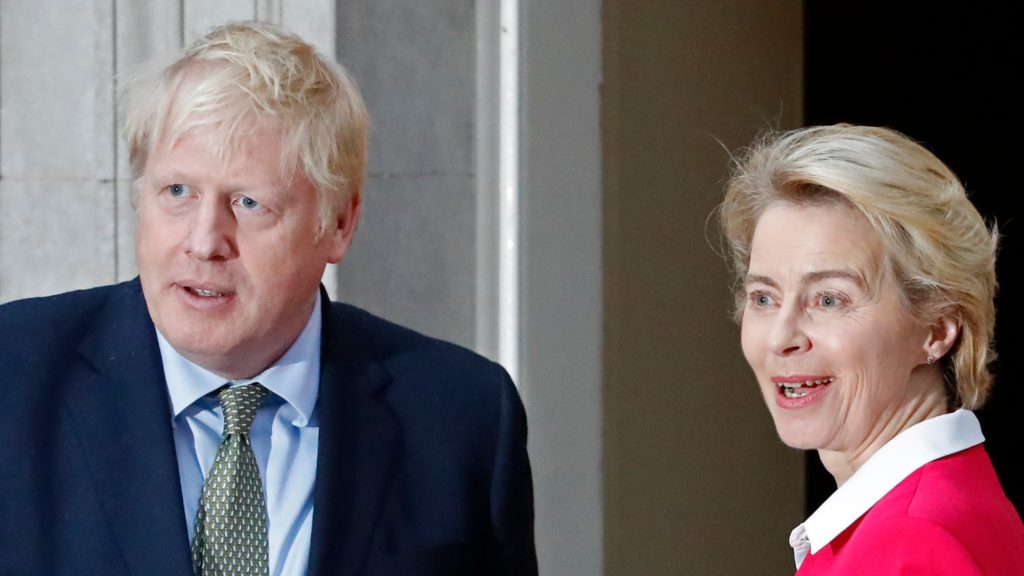
Britain’s Prime Minister Boris Johnson will talk to EU chief Ursula von der Leyen on Wednesday, as both sides blame each other for blocking progress in post-Brexit trade talks ahead of a key EU summit.
The pair’s call comes on the eve of Johnson’s self-imposed deadline for signs of a breakthrough in the talks, and was announced after European ministers warned that time was running out for a deal.
“It is in the interests of both sides to have an agreement in place before the end of the transition period. This cannot, however, happen at any price,” said European Council president Charles Michel.
“The coming days are decisive,” he warned, in his letter inviting the 27 EU leaders to the summit on Thursday, the same day that Johnson cited last month as the deadline for a breakthrough.
EU negotiator Michel Barnier has warned that if there is no outline of a deal before the end of October it would be difficult for member states and the European Parliament to approve it this year.
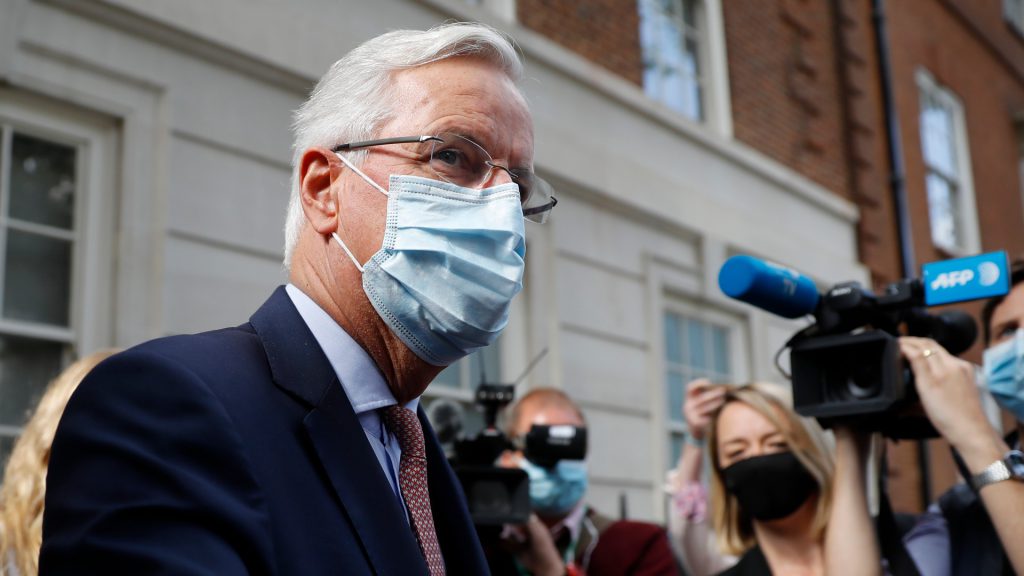
And on Tuesday, after meeting EU ministers in Luxembourg, Barnier stressed that much remains to be done.
“The EU will continue to work for a fair deal in the coming days and weeks,” he tweeted.
>>> READ ALSO – French fishermen on tenterhooks as Brexit talks drag on
In response, a UK government source accused Brussels of “using the old playbook in which they thought running down the clock would work against the UK.”
Arriving in Luxembourg before meeting Barnier, European ministers warned that talks were reaching a critical stage.
“We are extremely under pressure, time is running out,” said Germany’s minister for European affairs, Michael Roth.
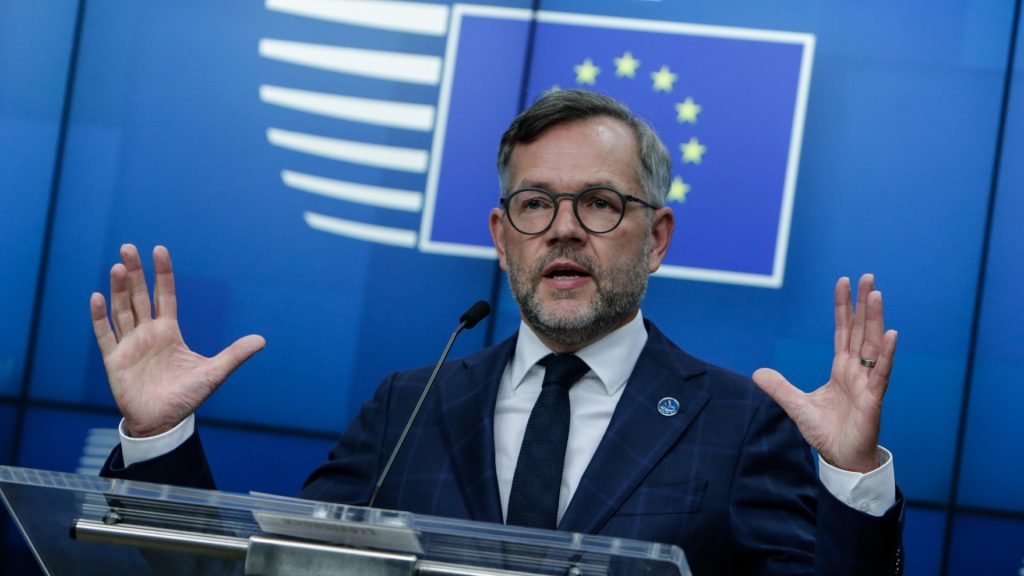
Three main concerns
“That’s why we expect substantial progress by our friends in the United Kingdom in key areas.”
Roth said Europe’s three main concerns were overall governance of the deal, rules for a “level playing field” on competition and, when prompted by an aide: “Ah! Fisheries! Not to forget fisheries.”
Last week, Barnier spoke to fishing ministers and asked them to draw up terms for a compromise on fishing that would allow the UK to negotiate access to its waters for EU boats — although diplomats said such an offer would only be made once the other issues were resolved.
Fishing is not a key issue for many EU member states, but those like France and the Netherlands whose fleets have a long tradition of working in UK waters will drive a hard bargain.
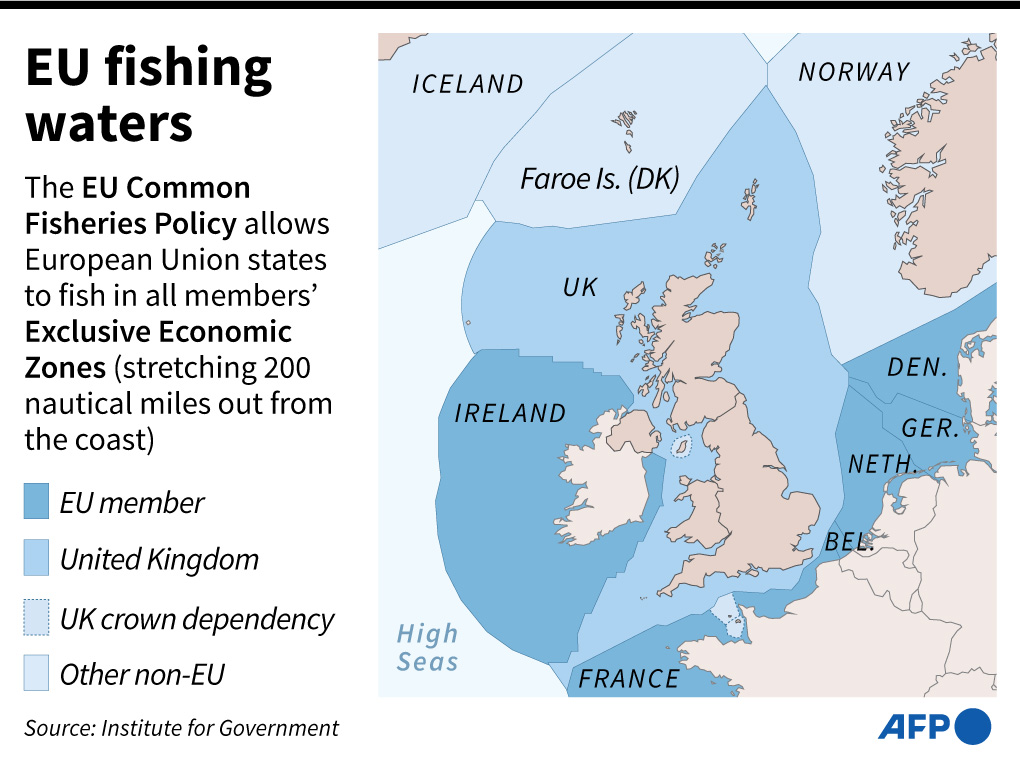
‘Fair trade’
France’s foreign minister, Jean-Yves le Drian, warned his parliament: “As things currently stand, the hypothesis of a ‘no deal’ is a very real one, and also one that is unfortunately very likely today.”
In Luxembourg, Irish Foreign Minister Simon Coveney said the two sides were still “very far apart” on the vexed question of fish and insisted EU trawlermen would not be hung out to dry.
>>> READ ALSO – UK expats count Brexit impact as banks shut accounts
“EU fishermen are not going to be sold out in an effort to get an agreement on a future relationship with the UK on trade,” Coveney said.
In a speech to the EU Committee of the Regions on Tuesday, Germany’s Chancellor Angela Merkel said “we will not leave Ireland alone here”, pledging EU unity.
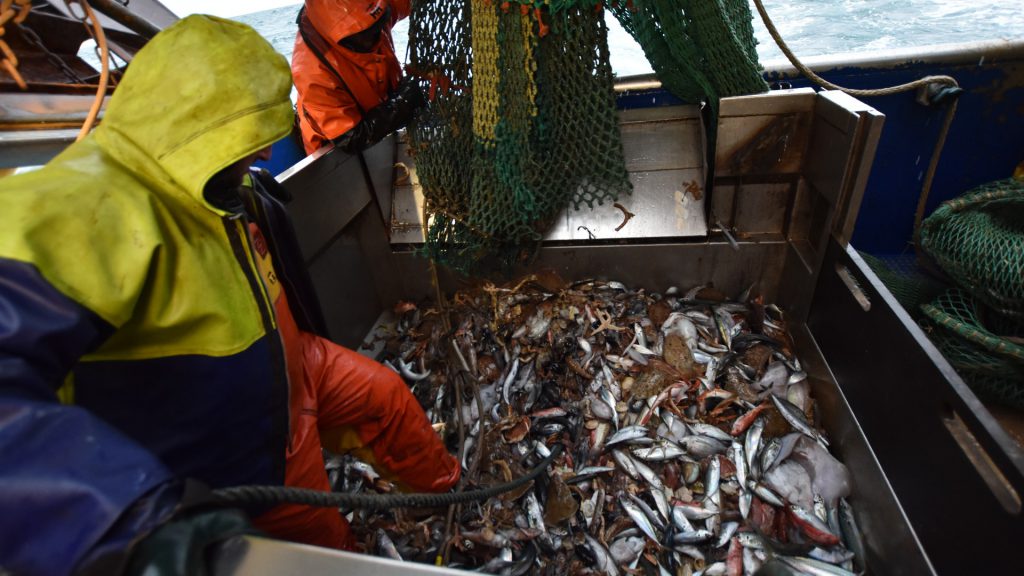
“We will discuss this intensively at the European Council in two days’ time, we want an agreement,” she said. “But we must also face up to reality, because an agreement must of course be in the interests of both sides.”
Britain left the European Union on January 31 and it will leave the EU single market and customs union on December 31 after an 11-month transition period.
If there is no negotiated trade agreement between the former partners, Britain’s commerce with the continent will revert to the bare bones of WTO rules — which could cause great economic and transport disruption.
Johnson’s government has resisted placing the governance of a new trade arrangement under EU laws, and says it must retain sovereignty over its own fishing waters.
“Everybody should know that a no deal scenario is the worst case not just for the European Union, but also for the United Kingdom,” Roth said. “But we are also prepared for that.”
Source: ednHUB / Agence France-Presse